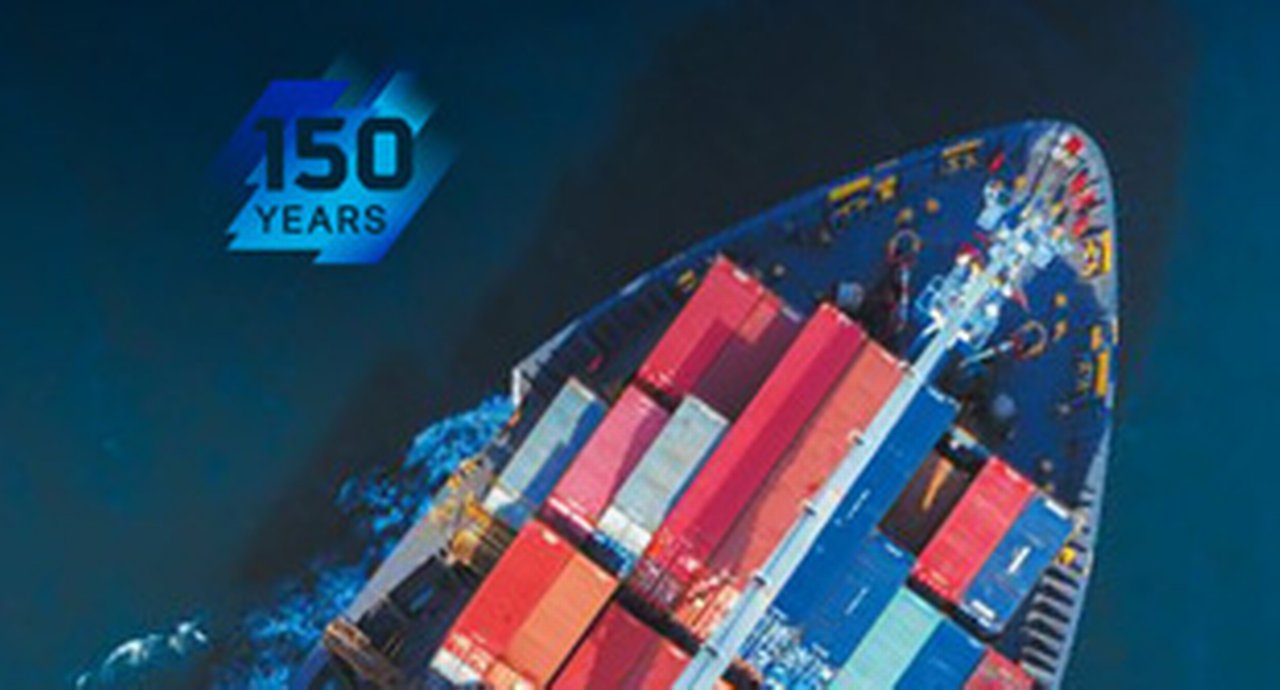June 2020
Trade finance shortages remain a barrier to developing world economic growth, as the gap between the perception and actual level of transaction risk widens. Tackling this is an ongoing priority, says the WTO’s Marc Auboin
As global correspondent banks reassess their emerging market strategies, smaller countries with lower business potential have become increasingly vulnerable.
Before the global financial crisis, there were around a million correspondent banking lines in place. However, post-crisis, one in five has disappeared, leaving 800,000, with most of the relationships that were terminated affecting developing countries; particularly the poorest.
Lack of access to trade finance is therefore curtailing the trade opportunities of small businesses in developing countries in particular, according to Trade Finance and the Compliance Challenge: A Showcase of International Cooperation; a co-publication launched by the World Trade Organization (WTO) and the International Finance Corporation on 3 July 2019 at the Global Review of Aid for Trade.1
Furthermore, given that up to 80% of trade is financed by credit or credit insurance, a diminution in trade finance represents a significant barrier to activity, particularly in developing economies.
The publication explores the reasons for the growing reluctance of the global financial sector to engage in this form of financing and presents case studies of capacity-building programmes organised by the international community to address the issue. Its findings are based on feedback from more than 300 professionals who took part in the seminars described in the cases studies, which took place between the end of 2018 and early 2019. By the end of 2019, the programme of on-site seminars and online training for multilateral development banks reached close to 1,500 participants in priority countries, with the human and/or financial resources for the courses provided by the WTO, the International Monetary Fund and International Chamber of Commerce.
The cost of unmet demand
Trade finance is particularly vulnerable to de-risking, despite its very small loss history and high recovery rate. In addition, since the tightening of international guidelines and the hefty fines imposed by national authorities on banks for non-compliance, there has, observes the report, been a heightened perception of the anti-money laundering/combating the financing of terrorism risk affecting trade finance. In other words, the gap between the perception and actual level of risk of the transaction is clearly one of the main causes of the lack of trade finance in several regions.
Part of the problem is that perceived regulatory requirements may lead banks to exceed guidance provided by international and national regulatory bodies. The effect is to reduce access to trade finance once costs of compliance exceed forecast revenues from the relationship. Instances of overcompliance with regulation by banks, either by choice or due to misinterpretation, can be minimised by enhancing the clarity of regulatory requirements, talking to regulatory authorities, developing tools and compliance utilities, and disseminating best compliance practices.
Capacity building
What is being done to address the problem? Mobilisation of capacity building in trade finance is crucial to help importers, exporters and their financial institutions adapt to the new regulatory environment. Activities include outreach events, industry dialogues and initiatives such as the Wolfsberg Group Correspondent Banking Due Diligence Questionnaire, which aims to establish an agreed standard for cross-border correspondent banking.2
The WTO, International Finance Corporation and the Financial Stability Board, along with the multilateral development banks, are working with the trade finance community to improve awareness of compliance requirements and turn the tide of reducing credit lines.
Capacity-building projects led by the European Bank for Reconstruction and Development, the Asian Development Bank and the International Islamic Trade Finance Corporation are helping trade finance providers in developing countries deal with regulatory requirements, which in turn might help them process trade financing requests from small businesses, instead of rejecting them.
Working together
Given the testing geopolitical climate, global trade needs to be more open and inclusive so that everyone benefits. This cannot happen without proper financial inclusion.
When trade finance lines dried up during the global financial crisis, it was cooperation between international institutions and regulators that got trade flowing again. Twelve years on, the collective responsibility remains.
Marc Auboin is the Counsellor for Trade and Finance at the World Trade Organization
Sources
1 See https://bit.ly/2RMTJc5 at wto.org
2 See https://bit.ly/30MaWq0 at wolfsberg-principles.com
You might be interested in
WHITE PAPERS
A Guide to Trade Finance A Guide to Trade Finance
Deutsche Bank’s foundation was fostered on international trade finance – so as the Bank celebrated its 150th anniversary we presented this Guide to Trade Finance to the industry as an anniversary gift. Put together by seasoned trade finance experts, it explains the fundamentals of financing cross-border trade in practice, so ideal for discussions when some parties may not be familiar with trade finance and all its variations. Since publication in May 2020, this has enjoyed several thousand downloads
TRADE FINANCE, MACRO AND MARKETS
Syntagma Square synergies in trade Syntagma Square synergies in trade
With more than 300 delegates from more than 145 nations gathered in Greece at the EBRD’s Trade Facilitation Programme Trade Finance (TFP) Forum 2019, it was clear that 20 years after the TFP’s foundation, countries lacking in correspondent banking lines need this trade leg-up more than ever. Clarissa Dann reports from Athens
Trade finance and lending
A new philosophy for re-building global trade A new philosophy for re-building global trade
Global value chains play a central role in the functioning of the global economy – fostering job creation, prosperity, innovation and investment. But how can they meet the challenges of a post-pandemic world? flow reports from the ICC International Trade and Prosperity Week




